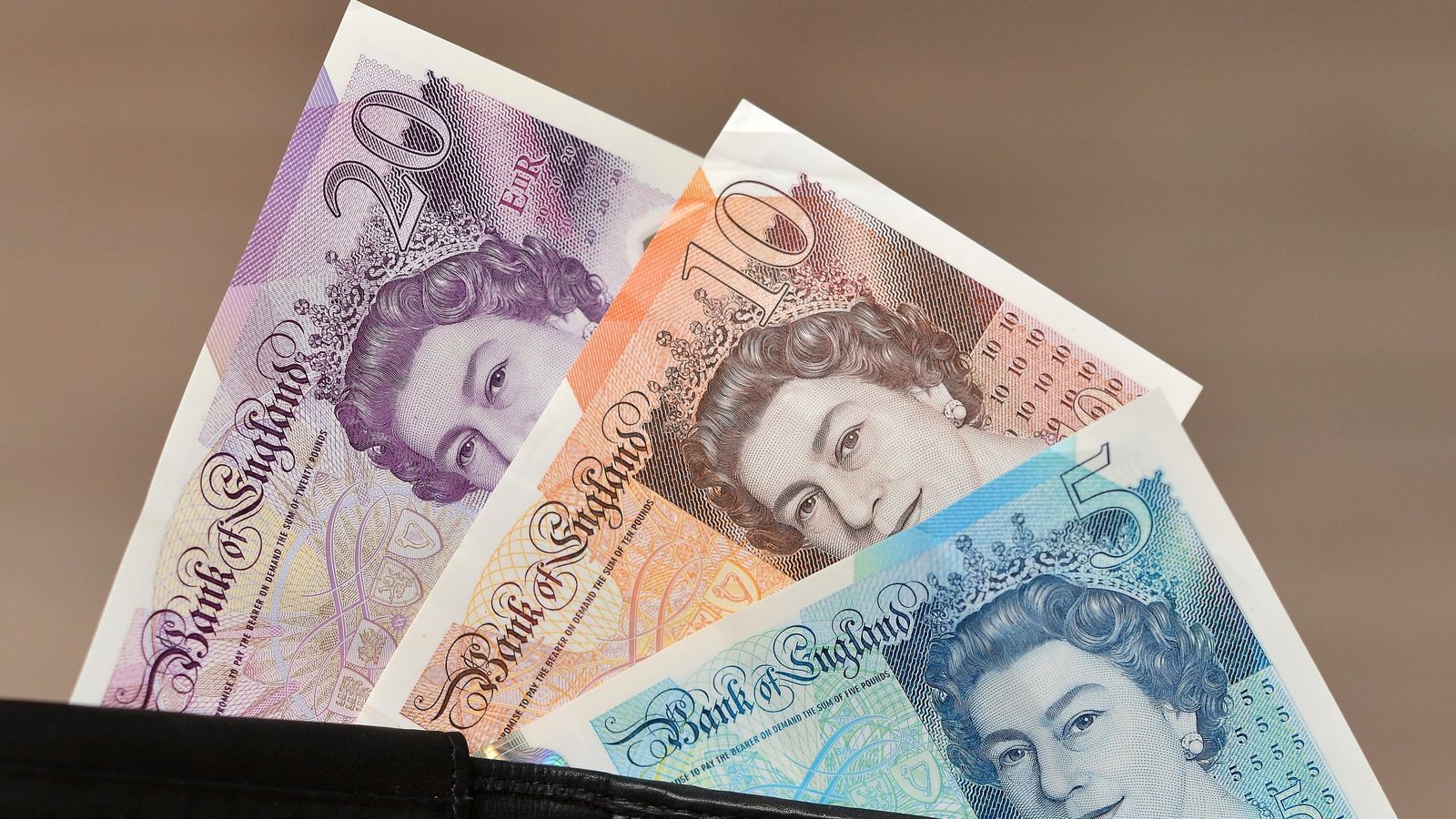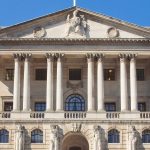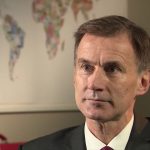Let’s start with the provisos. There are a few reasons why the UK comes out of these latest International Monetary Fund forecasts especially badly.
The main one is that the previous IMF forecast, produced in October, didn’t reflect the impact of the mini-budget. That partly explains why the UK got a downgrade when most other countries saw upgrades to their prospects.
Then there’s the fact that the IMF seems to be taking a particularly pessimistic view on how quickly inflation will fall in the UK. This may or may not be right but it certainly paints the UK in a worse light than most of its peers.
Read more:
UK economy to fare worse than any other country in developed world this year, IMF forecasts
Minister dismisses International Monetary Fund’s warning of sharp contraction for UK economy as ‘wrong’
But neither of these provisos will be of much comfort in the Treasury. As recently as a few weeks ago it was able to justify the country’s weak economic performance by pointing to October’s IMF forecasts, which showed that a third of the world’s economies were facing a recession and that the UK, weak as it was, would end up somewhere in the middle of the pack of industrialised economies.
Now, the story is far more stark.
Britain is an outlier – the only major country to see its economy contract this year, the only nation with a recessionary forecast.
The fact that even Russia, which is facing the full might of Western sanctions, not to mention a brain drain as its citizens abandon ship, is slated to do better this year and next is doubly humiliating.
It’s possible, as I wrote above, that the IMF has got things wrong.
It’s also certainly the case that things are looking a touch better here than they were only a few months ago. Contrary to the Bank of England’s forecasts, the UK is not yet in recession (two successive quarters of economic contraction).
Please use Chrome browser for a more accessible video player
Other countries bouncing back faster
The problem is that other countries seem to be bouncing back far faster than this one.
This seems to come back to a few issues. The IMF points to the fact that Britain is especially sensitive to high gas prices (largely because we still heat most of our homes with it).
It points to the fact that a large chunk of the workforce left the labour market during the pandemic and hasn’t come back.
But there’s another, deeper issue.
While other countries around the world (most notably the US) are pouring billions of dollars of investment into their green energy industries, the Sunak government has just slashed public investment totals.
It is raising taxes into this slowdown, even as the Bank raises interest rates. That will exacerbate the cost of living crisis.
Click to subscribe to the Sky News Daily wherever you get your podcasts
Then there’s Brexit, the cause of further trade friction which is also depressing economic growth.
It is a toxic cocktail of factors, some unfortunate, some avoidable, which have landed the UK where it is today. The upshot is grisly forecasts like the one we’ve just seen from the IMF.






















